Lease terms must be reasonable, as unreasonable terms could create legal risks for property owners.
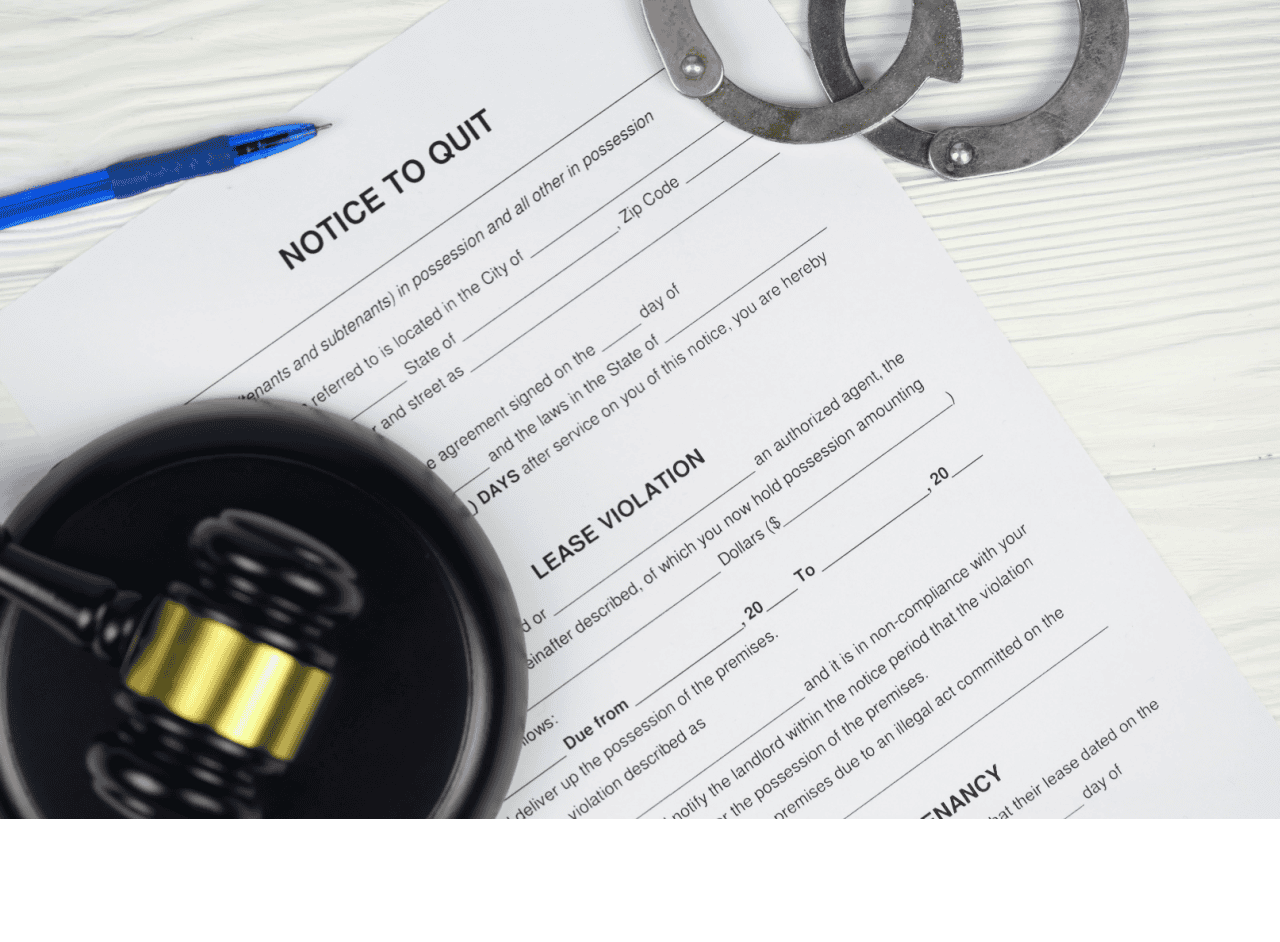
How to Handle Common Lease Violations
Have you ever encountered challenges with a lease violation? Lease violations are common situations that can impact both homeowners and residents. Fortunately, with a professional approach, they are entirely manageable.
In this article, you will find the most common lease violation types. Residents will gain helpful tips to prevent violations, while property owners can learn proactive ways to address them while building strong resident relationships.
Dive into the details of lease violations and how to resolve them smoothly and successfully!
What is Lease Violation?
Understanding a lease violation is essential to managing lease violations effectively. When residents lease a property, they sign an agreement outlining their responsibilities, such as timely rent payments. Reading this agreement carefully before signing allows residents to discuss any terms they want to adjust.
Lease terms must be reasonable, as unreasonable terms could create legal risks for property owners. A lease violation occurs when a resident does not adhere to the agreed terms. These violations can happen when residents take unauthorized actions or overlook certain responsibilities, like missing rent payments.
Types of Lease Violations
Both residents and homeowners need to be aware of common lease violations. Here are the types of violations that can occur:
1. Resident Violations
As a resident, understanding the rules in your lease and avoiding common violations contributes to a smooth, positive rental experience. Here are some key areas to keep in mind:
- Timely Rent Payments: Paying rent on time is essential. Late payments can disrupt the property owner’s cash flow.
- Authorized Pets and Occupants: Lease agreements usually specify the number of occupants allowed and whether pets are permitted. Following these rules helps prevent noise, property damage, and potential liability if a pet or guest causes harm.
- Property Care and Maintenance: Residents are responsible for keeping the property in good condition. Promptly handling repairs and regular maintenance helps maintain the property’s value.
- Noise Regulations: Respecting noise guidelines is key to a peaceful community. Lease agreements often include quiet hours, and observing these helps prevent neighbor complaints.
- Legal Activities Only: Engaging in lawful activities on the property ensures safety for everyone. Illegal actions or unauthorized business operations are serious violations that can lead to legal consequences for you and the property owner.
2. Homeowner Violations
Homeowners must uphold their lease obligations. Property owners need to understand their responsibilities to avoid potential violations fully. Here are some ways owners may breach lease terms:
- Failing to Maintain Habitable Conditions: Property owners must keep rental properties safe and livable, ensuring clean facilities, functional plumbing, adequate heating and cooling, and a secure environment.
- Unauthorized Entry or Privacy Invasion: Homeowners must respect resident privacy by providing proper notice and a valid reason before entering the property. Unauthorized entry violates resident rights.
- Neglecting Essential Repairs: It is the homeowner’s responsibility to promptly address maintenance issues and necessary repairs. Delays can compromise resident safety and breach the lease.
- Mishandling Security Deposits: Security deposits must follow state laws. Proper management includes keeping deposits in a separate account, itemizing deductions, and returning deposits within the specified timeframe.
- Discriminatory Practices: Fair housing laws prohibit discrimination in the rental process or during tenancy. Any discriminatory actions violate lease terms and carry legal repercussions.
Need a Lease Agreement?
Access 150+ state-specific legal landlord forms, including a lease.
How to Handle a Breach of Lease Agreement
Resolving a lease violation requires proactive cooperation between property owners and residents. Addressing issues quickly and professionally promotes a smooth resolution.
Steps for Resolving Violation of Lease
Handle lease violations constructively with these steps to reach a fair outcome for all parties:
- Review the Lease Agreement: Review the lease for the specific terms involved. Collect supporting evidence to clarify the issue.
- Document the Violation: Record details of the violation, including dates, times, and any supporting evidence, such as photos, emails, or witness statements.
- Communicate with the Other Party: Engage respectfully with the other party to discuss the situation. Present your evidence and encourage open dialogue for a mutually beneficial solution. Prioritize collaboration over conflict.
- Consider Mediation or Legal Advice: Consult a mediation service or attorney if direct communication does not resolve the matter. Mediators facilitate compromise, while attorneys provide essential legal guidance.
- Know Your Rights: Familiarize yourself with local and federal resident rights to stay informed if challenges arise. Knowing your rights helps you to address any issues confidently.
Lease Violation Notice
A lease violation notice, or notice to cure or comply, formally informs a resident of a breach in the lease agreement. This document details the rule violated and allows the resident to resolve the issue.
The property owner sends the notice in writing, keeping a copy of their records. It specifies the violation and provides a timeframe for corrective action, ensuring the resident can address the matter.
Impact of Lease Violation
Lease violations can lead to consequences for both residents and homeowners, including:
For Residents
- Written warnings and notices: Homeowners often issue written reminders or notices to document lease violations. These formal communications serve as proof and allow residents to resolve the issue.
- Fines and penalties: Property owners commonly impose fines or penalties depending on the severity of the violation. These financial consequences motivate residents to comply with lease terms.
- Eviction proceedings: If a resident repeatedly violates the lease and fails to correct the issue, homeowners may initiate eviction proceedings. This is a last resort and involves legal action.
For Homeowners
- Legal consequences: Homeowners who breach the lease terms may face legal consequences, including being sued by residents to address the issue.
- Financial liabilities: Property owners can incur financial costs, such as compensating residents for damages, refunding excessive fees or deposits, or covering legal expenses.
- Reputation damage: Violating lease terms can harm a homeowner’s reputation, leading to negative reviews and complaints, which may hinder their ability to attract new residents.
Source: Beach Front Property Management



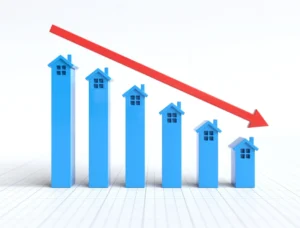
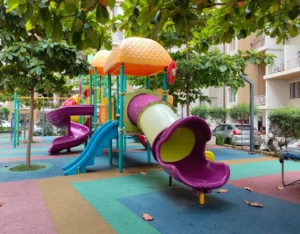
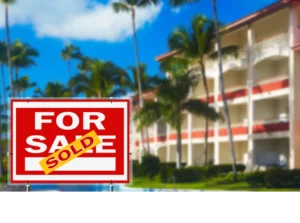
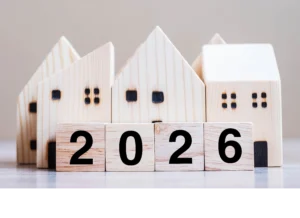






 Accessibility
Accessibility